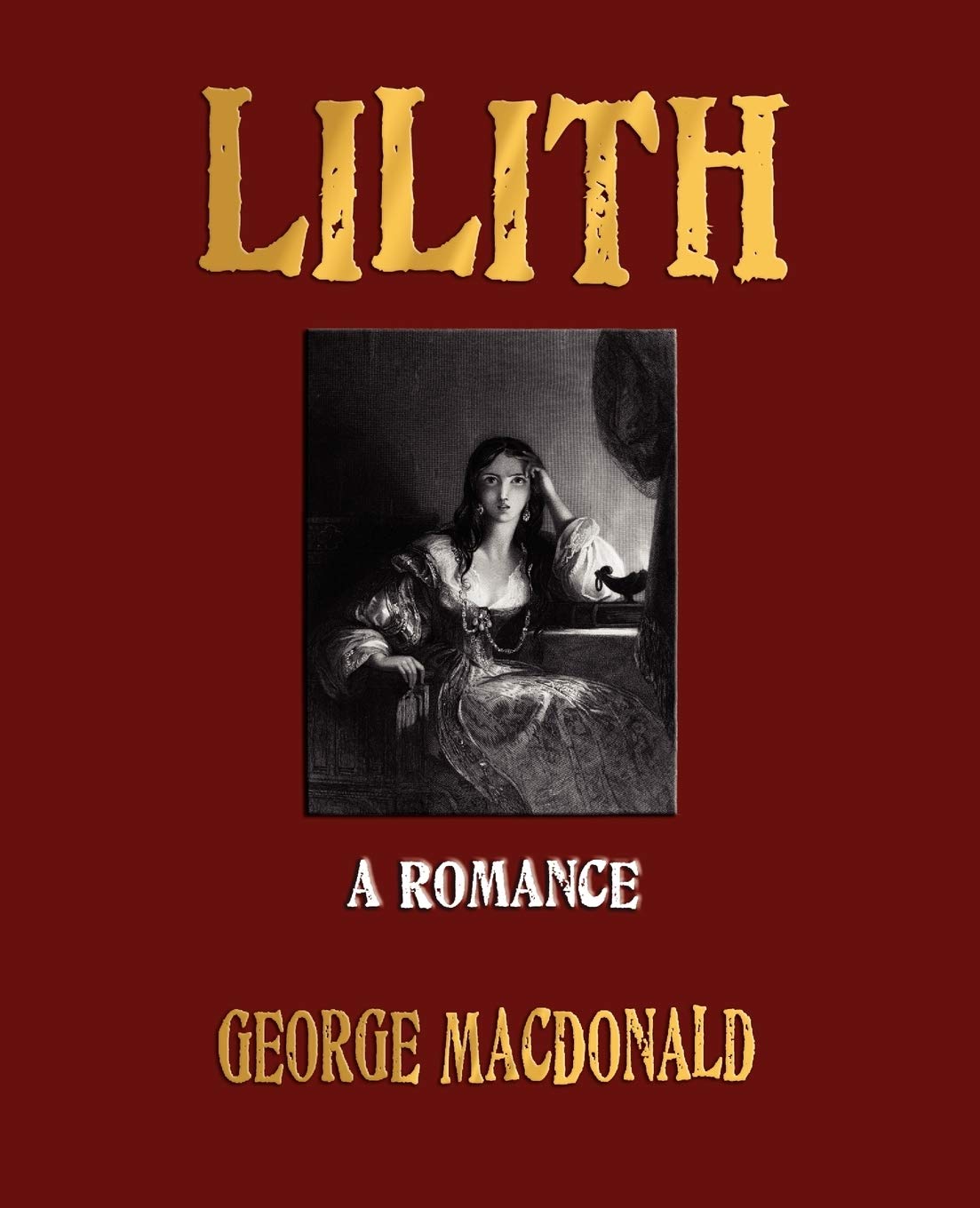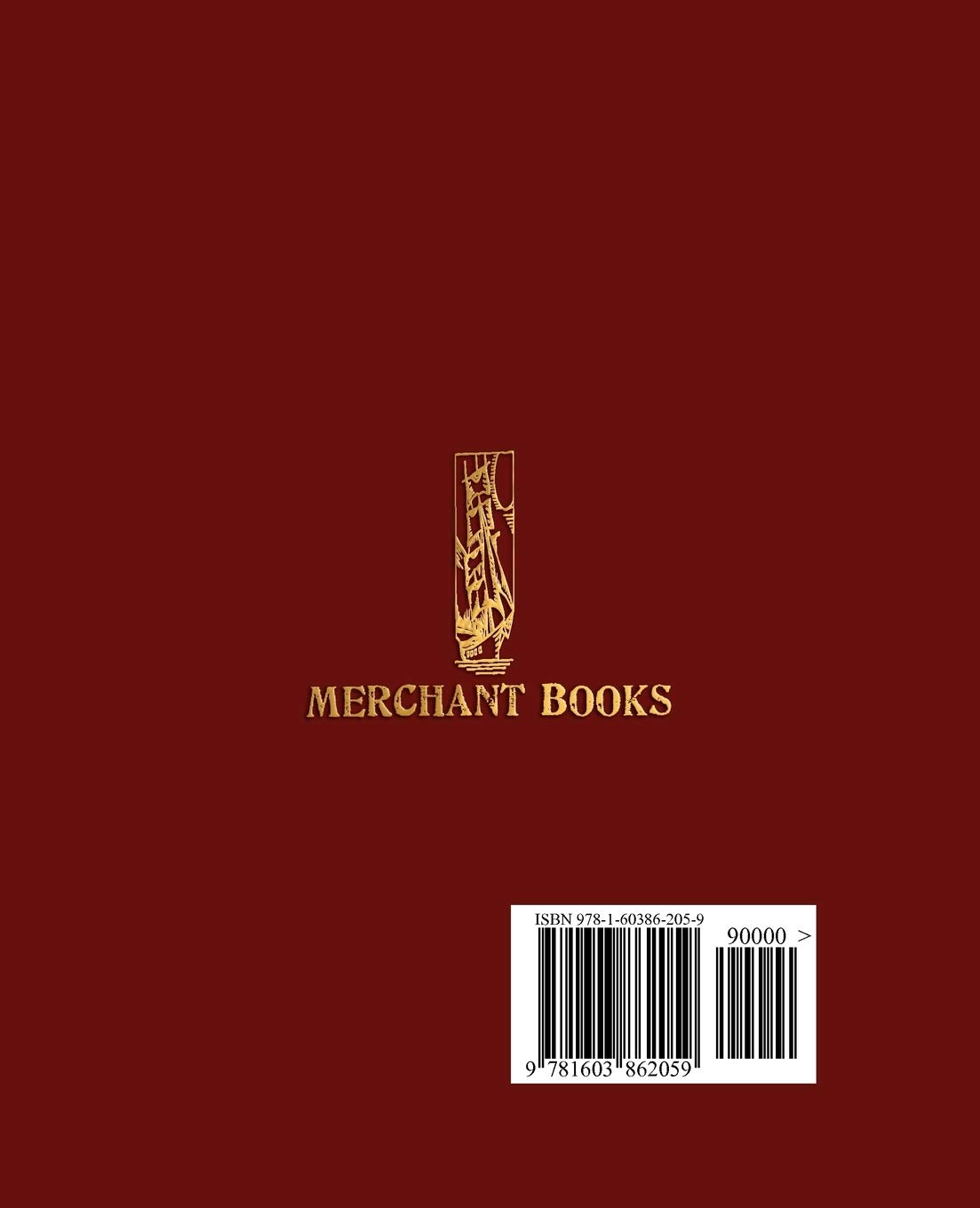Customer Services
Customer Support

Desert Online General Trading LLC
Warehouse # 7, 4th Street, Umm Ramool, Dubai, 30183, Dubai
Copyright © 2025 Desertcart Holdings Limited




Full description not available
J**N
Haunting story, influence on Lewis and Tolkein is obvious
I would give 5 stars, but for the fact that MacDonald's writing can get a bit hard to follow - others have said this better than I. But the story has stuck with me long after I finished the book. I have read C.S. Lewis' Pilgrim's Regress many times, and I can see the influence of MacDonald on his writings. The Madeline L'Engle quote on the back cover says it beautifully: "Surely, George MacDonald is the grandfather of us all - all of us who struggle to come to terms with truth through fantasy."I want to address comments by the reviewer who felt the worldview was "clearly Universalistic" and not appropriate for Christians. I almost didn't finish the book based on his comments, but I am glad now that I did and could form my own impressions.His statement is pure projection from my observation. Up until the end, free will determines whether a person is "good" - and that is the free will to be willing to die - completely - before one can became "changed" by God. I even re-read the ending to see if I could find out why this reviewer posted this, and I cannot.He also felt Lilith's repentance was forced. Was Paul's conversion on the Road to Damascus voluntary, or forced? Was Jonah's repentance forced? The repentance of Lilith was not forced any more than these examples. But (I am putting my impressions of what the allegory means) God was fed up with the damage she was causing, and intervened to stop her evil. She had a choice to either repent, or to be destroyed. It was the end of the line, so to speak. She very nearly chose destruction.Finally, he states that MacDonald believes Satan will eventually repent. I believe he refers to Chapter XL in the scene where Lilith is afraid to lie down and sleep the sleep of death - which is really living (dying to self - and it takes time to perfect us to life) - she fears the return of the Shadow. From [...]"When the Shadow comes here, it will be to lie down and sleep also.--His hour will come, and he knows it will.""How long shall I sleep?""You and he will be the last to wake in the morning of the universe."And a bit later, as the sun rises and the Shadow is forced to depart: "It is the great Shadow stirring to depart. Wretched creature, he has himself within him, and cannot rest!""But is there not in him something deeper yet?" I asked."Without a substance," he answered, "a shadow cannot be -yea, or without a light behind the substance!"I feel the reviewer has placed a negative theological interpretation that may or may not be what was in MacDonald's mind. There is no mention of how the Shadow will come to his hour, or what will happen when his hour comes. One would have to infer that.At the end, Mr. Vane does wake up from his dream, and realizes it was a vision. This WAS a vision, not direct theological text.I completely agree with him that the most important theme to a Christian is that true life is reached through death to self. About two thirds of the way through the book, I almost quit. Mr. Vane's repeated pig-headed refusal to "die" to his self, his headstrong following of his own will in spite of disastrous results, reminded me of how hard it is to die to our selves, even as we know we MUST, that we cannot enter into life without that self death. The point where I stopped was a point where Vane was metaphorically saying, "Okay, I know now that I am Yours, and I will need to face this death to self, but let me exercise MY will and do what my nature wants to do just this one more time before I give in." My discomfort with this may very well be the fact that Christians face this choice all their lives.The theme of whether we are predestined to salvation / repentance or exercise free will is a huge theological issue that is about as understandable as how God can be three but one or how he could be timeless, omniscient, omnipresent, etc. I believe it is one of those issues we must take on faith, that our human understanding cannot fully comprehend this aspect of God, so it is fruitless to argue. MacDonald's allegory, I feel, beautifully represented both of these spiritual principles in comfortable proximity to each other. People who feel strongly polarized to one or the other may be uncomfortable with and criticize this proximity.I agree one should not read this *for* theology (get that straight from your Bible), but I disagree that it is "unbiblical."I hope that helps anyone else interested in MacDonald's writings and their influence on generations of writers after him.
P**E
Very Different from the Film
I saw the film before I read the book. What made the book better was that it cleared up with areas that were vague. It was easier to understand the story knowing more of the background of the characters.The narrator does tell the story from the perspective that he was seduced into his actions and presents it as if he were the victim. Yet he really has control. He actively looks for ways to deceive his superiors and take advantage of Lilith’s mental state and delusions for his benefit.
G**Z
Excellent book, but choose a better publisher
I bought this book as a bundle with "The Princess and the Goblins" and "The Princess and Curdie" out of curiosity, because of Jane Studdock's request for "the Curdie books, and Mansfield Park" in C.S. Lewis' "That Hideous Strength" - one of my favorite books ever. I made it all the way through a master's degree having never encountered George MacDonald, and in retrospect that was a real loss on my part (I was a biology major, and literature classes were not a high priority). Other reviewers have already gone into the religious context and the writing style, and for the most part I entirely agree with the 5-star comments. My particular grievance with this publication is its very poor quality of printing. The text (thankfully) appears to be copy-and-pasted from some other printing, so that typos are few. There is a blatant one on the back cover, though (meats instead of meets!) and a trite little admonishment on the first page about how the values expressed in this book are different than if the book were to be written today. No indication, however, of when the story was originally published (1895). Also, no listing of other works by George MacDonald, which is a usual inclusion. Also no indication of the origin of the cover art, which is poorly reproduced anyway. The binding is cheap glossy paper and glue, and could be easily done with a home inkjet printer. My recommendation is to add this work to one's collection, but a different printing - preferably a hardcover, or Kindle. Most likely I will donate this copy to a local library, and do just that.
M**Z
Fantay
I do not like to read books about fantasy, but I gave this one a try. I did not like the ending. I enjoyed reading about the different worlds and characters. I had to do a lot of rereading because I sometimes felt that I misunderstood what I had read.
A**I
and each time I enjoy it more and get a deeper understanding of what ...
This is the third time I have read this book, and each time I enjoy it more and get a deeper understanding of what it is really about. The first time I bought it for 25 cents at a yard sale, and was attracted to it because of the name (I didn't know back then that Adam was said to have a wife named Lilith, prior to the creation of Eve). I also didn't realize that George MacDonald was such a prolific writer of prose and poetry, mostly on religious themes. At that time my reaction to the book was that it was very strange and weird and I was entranced by it, and I knew that I would read it again when I was more ready for it. My second reading was about 20 years later; I reacted in somewhat the same way as the first time, but realized that there was a greater metaphor behind the story and the characters themselves. In this, my third reading, I saw everything much more clearly, understanding more of the greater meaning in the characters of Mr. Raven, the leopards, the "little ones", the "House of Death", even in the landscapes and the travels of Mr. Vane. I will read "Lilith" at least once or twice more in my life if I am given the time. I highly recommend it for seekers and "wonderers", and all readers whether Christian or of any other religious persuasion---although George MacDonald was a minister, I believe that this wonderful, timeless tale has something for everyone.
B**F
Producto equivocado
El producto estaba equivocado y no he podido devolverlo.
神**月
文字が殺人的に小さい!
このペーパーバック版は絶対に買ってはいけません!!あまりに文字が小さくて読み終わるまでに視力が半分になる事必死です。そもそも他のに比べてページ数が異常に少ない事が怪しかった。
C**K
Sympathisch...
aber ein bisschen konfus. Wer Freude an der zwar antiquierten aber dennoch charmanten Ausdrucksweise hat, wird auf ihre/seine Kosten kommen.
P**D
LOTRもいいけど・・
ファンタステス、ゴールデン・キィ・・これらは「ナルニア」の作者、C.S.ルイスに多大な影響を与えたマクドナルドの著作です。この「リリス」という名前はユダヤ民話から取られていますが、内容は幻想的なファンタジー。 指輪物語が好きな人にはおすすめです。
R**N
More than reads the eye.
I bought this to understand better clarity in prose. Exceeding my expectations, MacDonald achieves a transparency revealing a kind of multiple exposure within a given sentence. His epigraph on the title page is the incipit.
Trustpilot
4 days ago
5 days ago